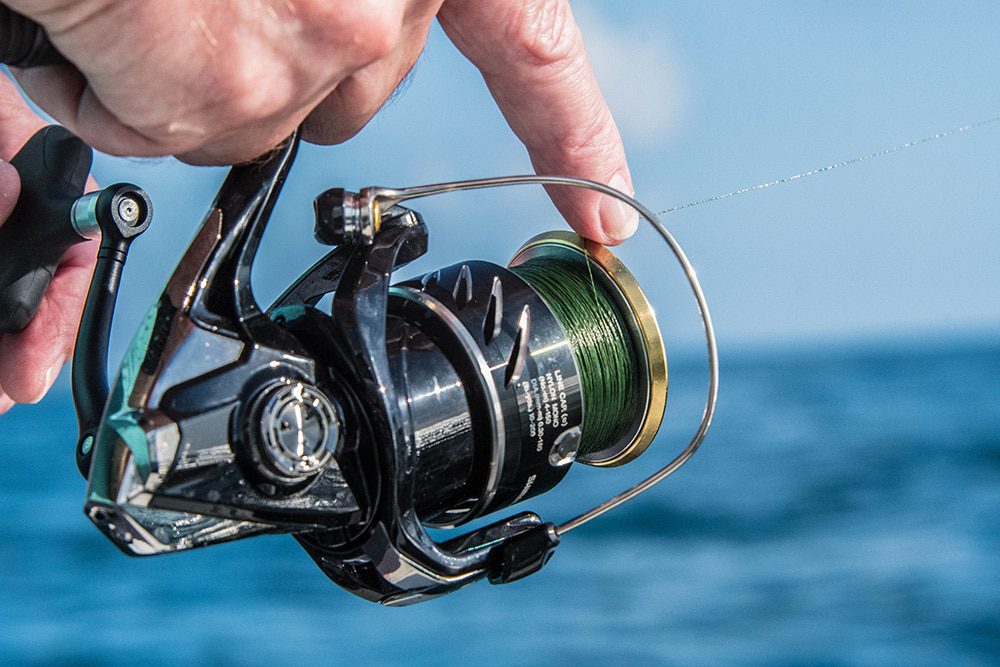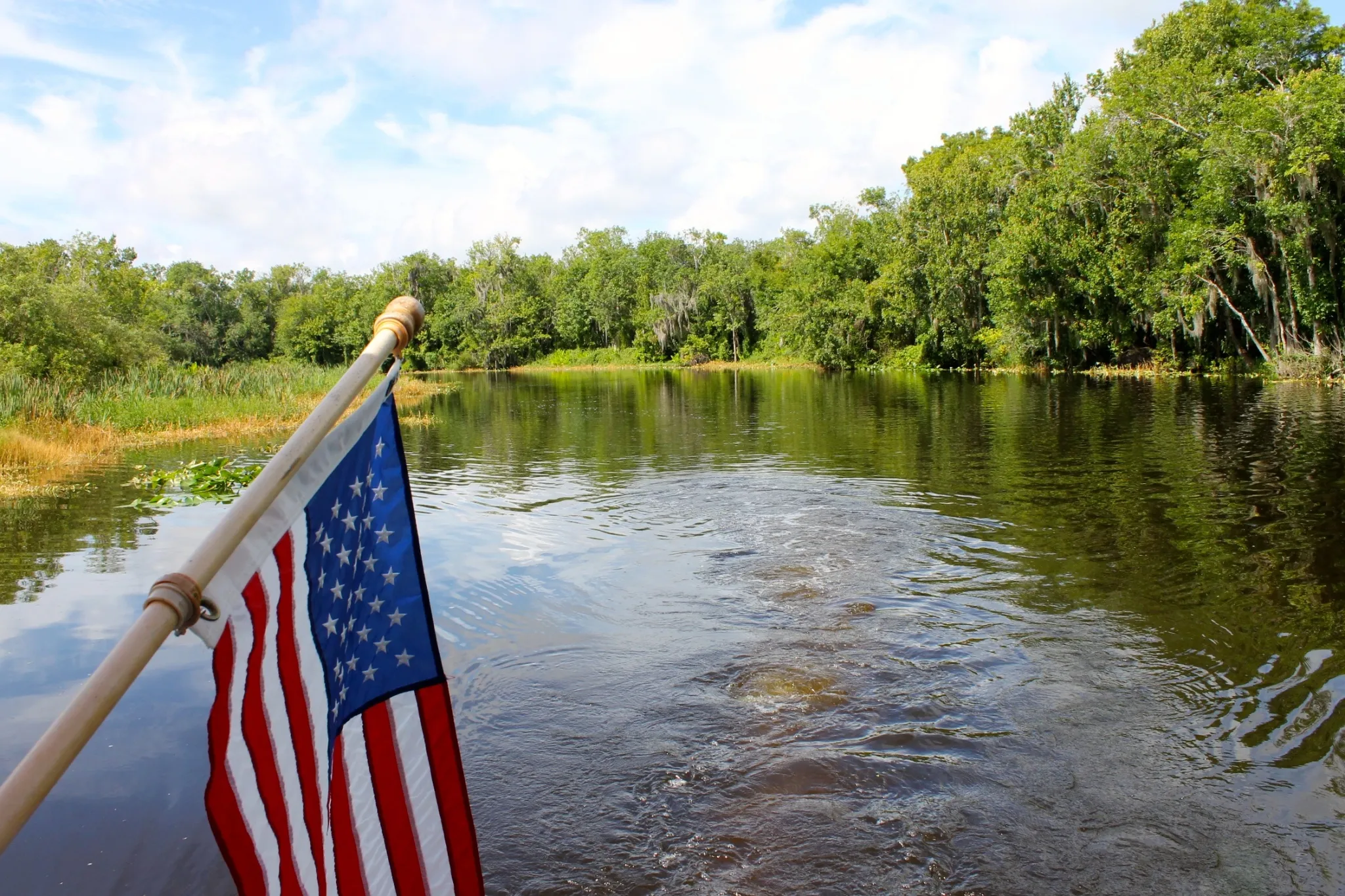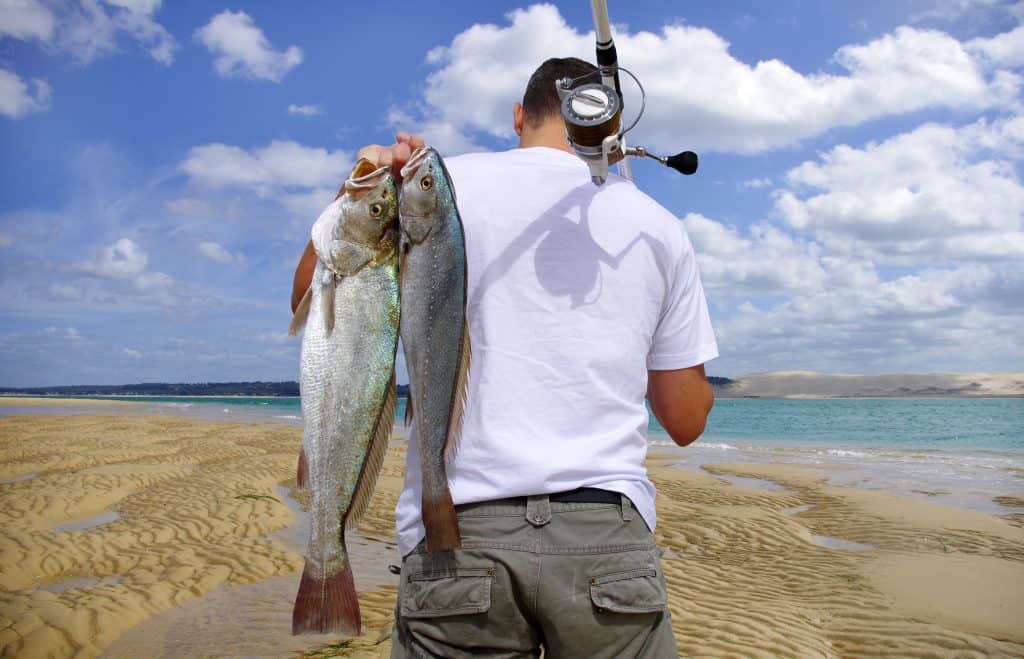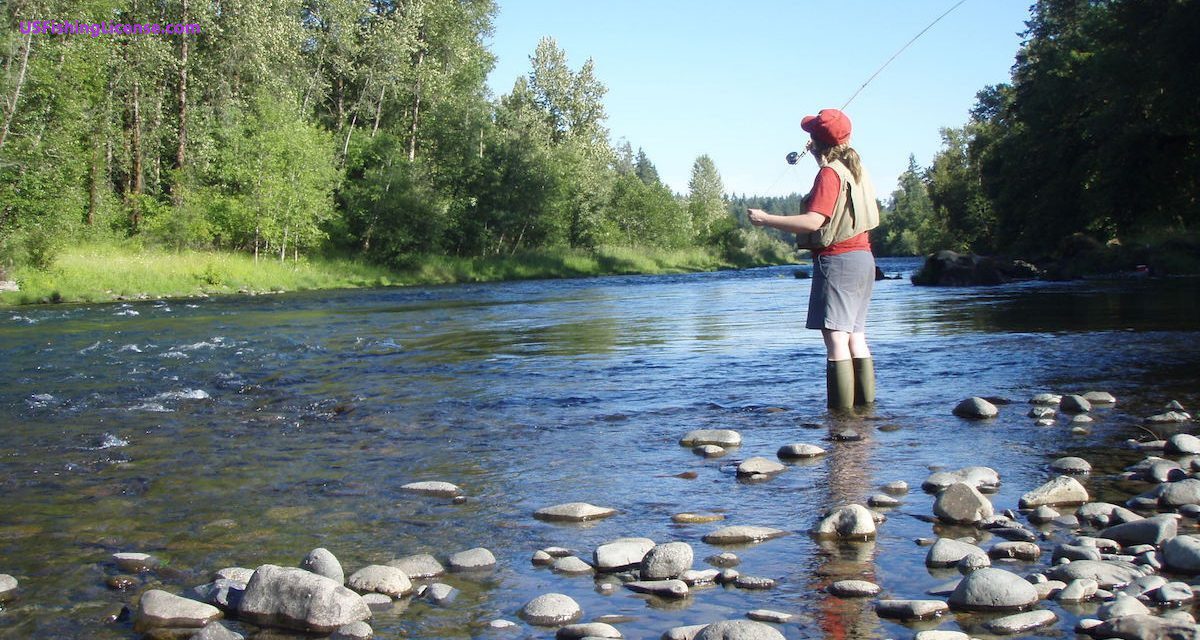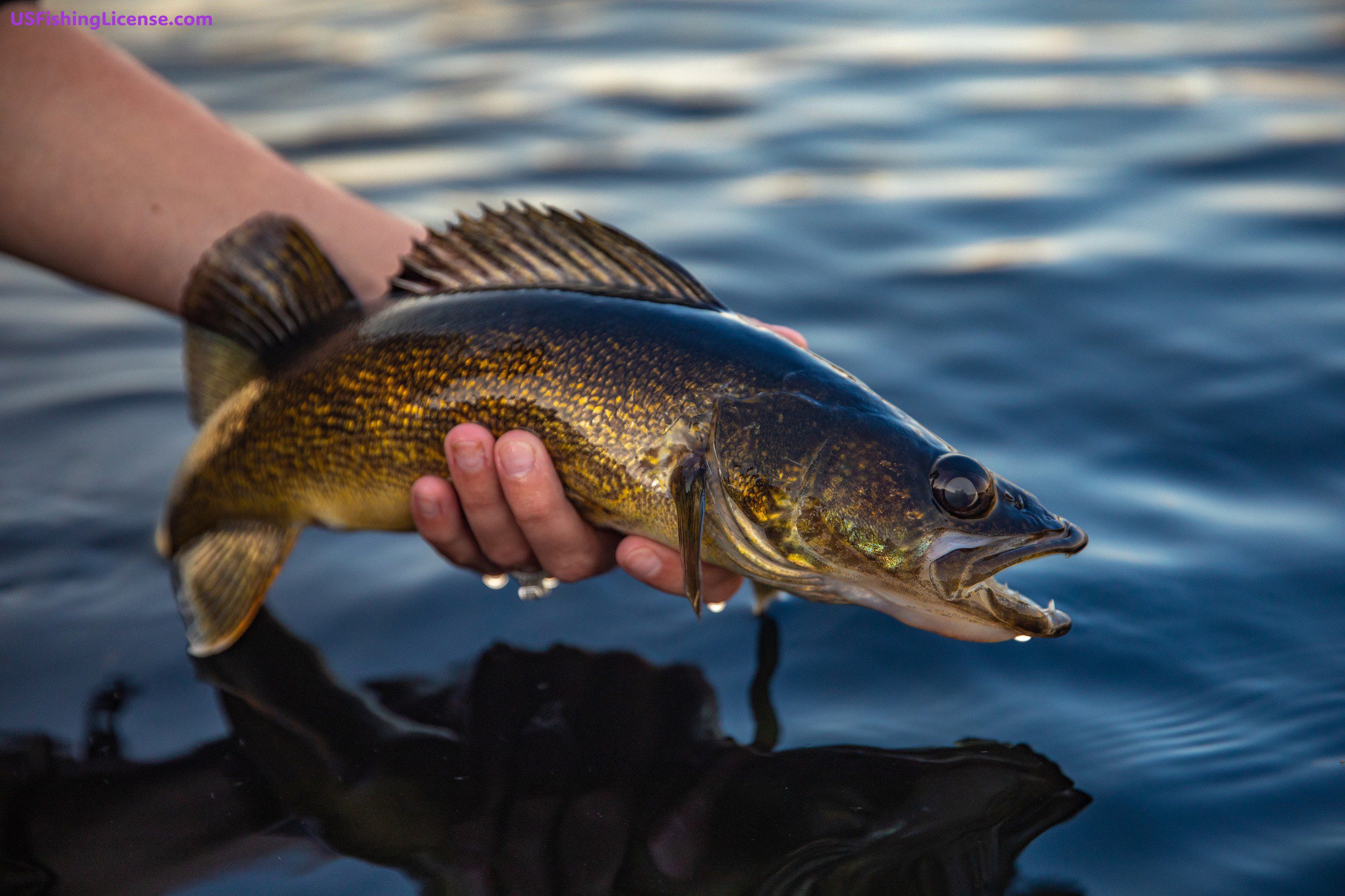Urban fishing programs provide accessible angling opportunities for city residents who might otherwise lack convenient access to fishing. These initiatives are especially valuable for time-constrained urban dwellers, offering quality fishing experiences close to home without the need for extensive travel or elaborate equipment. Many of these programs feature license-free options or reduced-cost alternatives designed to lower barriers to participation.
Understanding Urban Fishing Programs
Urban fishing programs were initially developed to provide recreational opportunities for underserved populations, including the elderly, people with disabilities, minorities, and low-income residents. Today, these programs have evolved to serve both new anglers and experienced fishers seeking convenient options near urban centers.
The core purpose of urban fishing programs remains consistent: to increase angling participation, develop environmental awareness, and strengthen community ties by bringing people together around shared outdoor experiences. These programs are particularly vital as the United States becomes increasingly urbanized and overall fishing participation has declined in recent decades.
Key Components of Successful Urban Programs
Every effective urban fishing program includes three essential elements:
- Quality fisheries located close to where people live
- Accessible facilities that accommodate diverse users
- Strategic promotion to inform potential participants
Most urban fishing programs feature regular stocking schedules to ensure consistent fishing opportunities despite heavy pressure from dense population centers. For example, Kansas stocks more than 150,000 harvest-sized channel catfish around urban areas every year, while Arizona’s program stocks fish every two weeks over a 10-month period.
License-Free Fishing Opportunities
Many urban fishing programs offer license exemptions or reduced-cost alternatives to standard fishing licenses, making participation more affordable and accessible.
Types of License Exemptions
| Exemption Type | Description | Common Eligibility |
|---|---|---|
| Free Fishing Days | Designated days when anyone can fish without a license | All residents and visitors |
| Urban-Only Licenses | Reduced-cost permits valid only in designated urban waters | Available to all anglers |
| Age-Based Exemptions | License waivers for youth and seniors | Typically children under 16 and adults over 65 |
| Veterans/Disability Exemptions | License waivers for qualifying individuals | Veterans, people with disabilities |
| Special Location Exemptions | Specific urban waters designated as license-free | All anglers at designated sites |
For instance, Arizona offers urban-only fishing licenses that cost less than standard statewide licenses, providing a cost-effective option for those who exclusively fish in urban waters. This approach has proven economically feasible while remaining affordable for participants.
Finding License-Free Options Near You
To locate license-free fishing opportunities in your metropolitan area:
- Check your state wildlife agency website for urban fishing program information
- Search specifically for “license-free” or “free fishing” opportunities
- Look for special exemptions based on age, veteran status, or disability
- Inquire about designated urban fishing areas with special regulations
Most state wildlife agencies maintain detailed information about their urban fishing programs, including maps of participating waters and any special license provisions. You can find links to all state wildlife agencies on the Association of Fish & Wildlife Agencies website.
Major Metropolitan Areas with Robust Programs
Urban fishing programs exist across the country, with many major metropolitan areas offering exceptional opportunities. Here are some notable examples:
Arizona Urban Fishing Program
Arizona maintains one of the nation’s most comprehensive urban fishing programs, with 21 participating lakes across 11 cities. More than 4 million Arizona residents live within a 20-minute drive of a heavily stocked urban fishing lake. The program features:
- Regular bi-weekly stocking from September through June
- Convenient park amenities including parking and restrooms
- An urban-only license option at reduced cost
For more information about Arizona’s program, including licensing options, visit the Arizona Game and Fish Department website or learn about Arizona fishing license costs.
Kansas Community Fisheries Access Program
Kansas stocks more than 85 lakes statewide with channel catfish, hybrid sunfish, and wipers as frequently as every two weeks during the April-September season. The program serves communities in counties including:
- Atchison
- Barton
- Butler
- Douglas
- Sedgwick
- Shawnee
- Wyandotte
- And 12 others
These locations provide ideal opportunities for quick family fishing trips. To learn about licensing requirements in Kansas, visit Kansas fishing license information.
California’s Fishing in the City Program
California’s Department of Fish and Wildlife operates an extensive urban fishing program across seven regions of the state. The program focuses on:
- Providing accessible fishing opportunities near population centers
- Regular stocking schedules (rainbow trout October-April, catfish May-September)
- Educational components for new anglers
For California fishing license information, visit California fishing licenses.
Benefits Beyond Recreation
Urban fishing programs deliver numerous benefits beyond simple recreation, addressing both community and conservation needs.
Addressing Food Security
In some regions, urban fishing programs help provide nutritious food to adjacent coastal communities where food insecurity and diet-based diseases are common. Along the U.S. West Coast, for example, sustainable management has rebuilt fish stocks, creating opportunities to connect local, underutilized fish species with nutritionally vulnerable populations.
Organizations working in this space have developed innovative approaches to make locally sourced seafood available to low-income communities, often relying on:
- Partnerships with community organizations
- Grant funding to overcome initial costs
- Education about fish preparation and cooking methods
- Champions who build cultural connections
Environmental Awareness and Conservation Support
Urban fishing programs increase participants’ knowledge of and concern for the environment. Studies have shown that involvement in outdoor activities like fishing correlates with higher support for conservation efforts. As participants develop connections to local waterways, they often become advocates for protecting these resources.
Building Community Connections
These programs strengthen ties among community residents by bringing together people who might otherwise be divided by factors like race or class. Shared outdoor experiences create opportunities for positive interactions and relationship building across demographic boundaries.
Getting Started with Urban Fishing
Essential Equipment for Beginners
Urban fishing requires minimal equipment to get started. Many programs offer tackle loaner options for those wanting to try fishing before investing in gear. Basic essentials include:
- Rod and reel (simple spincast combos work well)
- Hooks, weights, and bobbers
- Bait (worms, corn, or hotdog pieces work effectively for catfish)
- Fishing license (unless using a license-free option)
Finding Urban Fishing Locations
To locate urban fishing opportunities in your area:
- Visit your state wildlife agency website for urban fishing program information
- Check city or county parks department resources
- Look for fishing clinics or events targeting beginners
- Use mapping tools specifically designed to locate urban fishing spots
Many urban fishing locations feature additional amenities like picnic areas, restrooms, and fishing piers, making them ideal for family outings.
Resources and Further Information
For more information about fishing licenses and regulations in your state, visit:
- US Fishing Licenses for comprehensive state-by-state information
- Your state’s fish and wildlife agency website
- Local parks and recreation department resources
- Community fishing clubs and organizations
Conclusion
Urban fishing programs with license-free options provide valuable access to outdoor recreation for metropolitan residents. By removing financial barriers, simplifying participation, and locating quality fishing opportunities close to population centers, these programs help connect diverse communities with nature while supporting conservation efforts.
Whether you’re an experienced angler looking for convenient fishing options or a complete beginner interested in trying fishing for the first time, urban fishing programs offer accessible entry points to the sport. Take advantage of these opportunities to discover the physical, mental, and social benefits of fishing without traveling far from your urban home.

